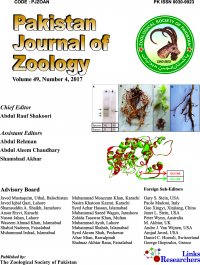Mammals have five basic tastes, including sweet, bitter, umami, sour and salty. Among these tastes, the bitter sense is believed to help animals identify poisonous compounds. Bitter taste receptors coded by bitter taste receptor (Tas2r) genes has been identified in many species, but the evolution and repertoire of Tas2r genes in raccoon dog (Nyctereutes procyonoides) was still unknown. As a true omnivorous mammal, the Tas2r genes may play a critical role in food selection of raccoon dogs. Thus, we explored the evolution of Tas2r genes in raccoon dogs. In this study, Tas2r genes including eleven intact genes and four pseudogenes from raccoon dogs were identified for the first time. We also obtained Tas2r genes from fourteen additional species based on their genome sequences and our previous study, including thirteen carnivorous species and one omnivorous species. Then, we constructed a phylogenetic tree using Tas2r genes sequences from these fifteen species. Phylogenetic analyses showed that most Tas2r genes of raccoon dogs were closed to other canid-species, indicating that the Tas2r genes were very conservative. Besides, we also detected positive selection in 11 intact genes in raccoon dogs. The results of the positive selection analyses indicated that Tas2r10 and Tas2r67 had positively selected sites and other intact genes in raccoon dogs were under purifying selection. Overall, the phylogenetic and evolutionary relationship of Tas2r genes in raccoon dogs was first studied in this study. Most of the raccoon dog’ Tas2r genes were under purifying selection, indicating that its true omnivorous diet was an important role in the Tas2r evolution. Our study provided valuable data of Tas2r genes in raccoon dogs, and provided novel insights into conservation concern of natural populations.










